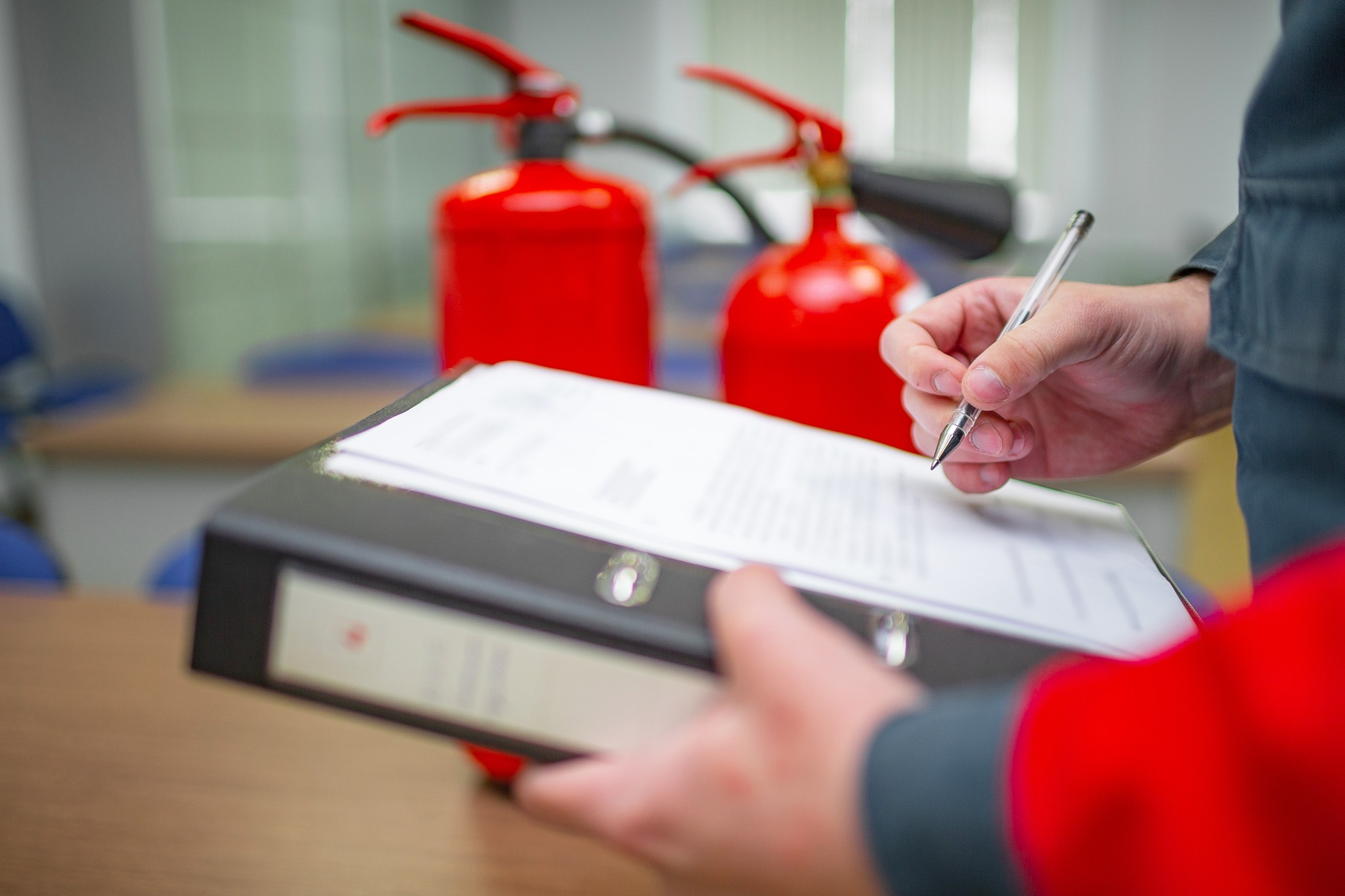30 Aug 2023
Yes, you can do a fire risk assessment yourself, depending on the complexity of the location and your knowledge of fire safety regulations and best practices. However, it is generally recommended to involve a professional fire safety expert or consultant, especially for larger or more complex premises, to ensure a comprehensive and accurate assessment. Professional expertise can help identify potential hazards and develop effective strategies for risk mitigation.
There is no legal requirement for you to have formal qualifications in order to conduct a fire risk assessment yourself. However, it is important to have a good understanding of fire safety principles, regulations, and best practices to ensure an effective assessment. This knowledge can be gained through self-study, training courses, or by consulting relevant fire safety guidelines and resources provided by local authorities or fire safety organizations. Remember, the primary goal of a fire risk assessment is to identify and minimize potential fire hazards to protect life and property. If you are unsure about your ability to conduct a thorough assessment, it is advisable to seek assistance from a qualified fire safety professional.
There are generally two main types of fire risk assessments:
1. General Fire Risk Assessment: This type of assessment covers a wide range of premises and is conducted to determine the overall fire risks and identify appropriate measures for prevention and mitigation. It involves assessing factors such as potential ignition sources, fuel availability, fire spread potential, means of escape, fire detection and warning systems, fire suppression measures, and emergency procedures.
2. Specific Fire Risk Assessment: This type of assessment focuses on particular fire risks or areas within a premises. It may be conducted for specific processes, activities, or areas of high fire risk, such as a storage area containing flammable materials or a kitchen in a restaurant. The specific fire risk assessment goes into more detail regarding the specific hazards, control measures, and emergency procedures related to the identified fire risk.
The specific requirements for conducting fire risk assessments may vary depending on the jurisdiction or organization's guidelines and regulations. It is important to consult applicable regulations and seek professional guidance, if necessary, to ensure compliance and best practices.
